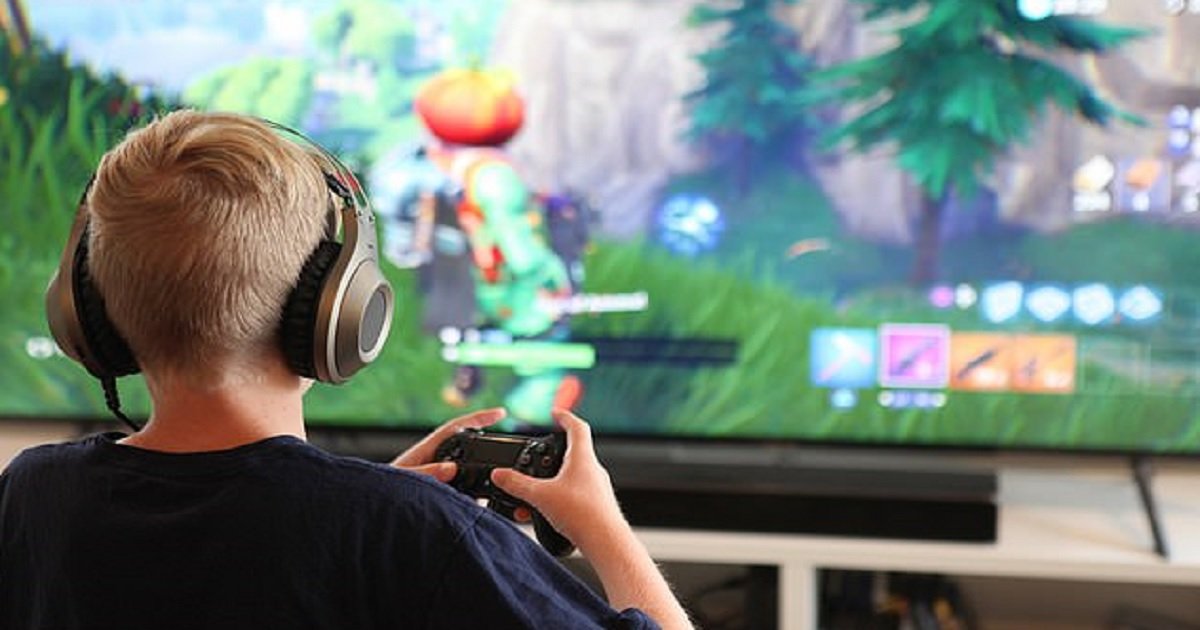The extremely addictive nature of Fortnite has health professional likening its nature to that of hard drugs.
With more than 200 million players worldwide, the cartoon multiplayer shooter game has negatively impacted children’s sleep patterns and their school work. More worryingly, the game is also causing some to become violent.
Fortnite: Battle Royale, the latest installment of the game, has also seen some children give up social activities like playing sports in favor of playing the game.
Behavioral specialists have also pointed out that some children are even dealing with gaming addiction as a result of constantly playing the game.
Michael Rich, a director of the Clinic for Interactive Media and Internet Disorders at Boston Children’s Hospital, spoke to the Boston Globe about the game’s impact.
“They are not sleeping. They are not going to school. They are dropping out of social activities. A lot of kids have stopped playing sports so they can do this,” he said.
He added: “We have one kid who destroyed the family car because he thought his parents had locked his device inside. He took a hammer to the windshield.”
His account parallels many others that paint a picture of an obsession so intense that the intervention of doctors and therapists are needed to break the game’s hold over these kids.
Some teenagers have also lost weight on account of them skipping meals in order to not stop playing.
“One of the parents will get to the point of almost considering a divorce,” Rich Domenico, a therapist with LiveWell Therapy Associates, in the Back Bay.
“It’s similar to working with parents who have a child addicted to drugs.”
Although the amount of time spent online has always been a concern for parents, there are critical factors that make games like Fortnite harder to stop playing.
Games nowadays are more interactive and engaging, especially with all the flashy colors and the ability to interact with other players online.
“The psychological manipulation stimulates the brain and trains it to ‘crave’ more,” said Douglas Gentile, a psychology professor.
Game makers have also started using the same tactics utilized by slot-machine designers such as variable reward schedules, says Ofir Turel, a professor of Information Systems and Decision Sciences at California State University Fullerton.
“Kids are especially vulnerable to this ‘variable-reward’ mechanism because their brains are still imbalanced,” he explained. “They have almost fully developed reward-processing brain systems but their self-control systems are not yet fully developed.”
While Fortnite is free to play, Epic Games Inc. still managed to make at least $1.2 billion from the salve of V-Bucks, the in-game currency.
Over 68 percent of players make in-game purchases of dance moves, weapons, and even adornments that personalize their characters.
According to a 2018 survey, players who put real money into the game has spent an average of $84.67.
Recommended Video!
“Propose Girlfriend With Super Mario Game? How Did He Do That?”




